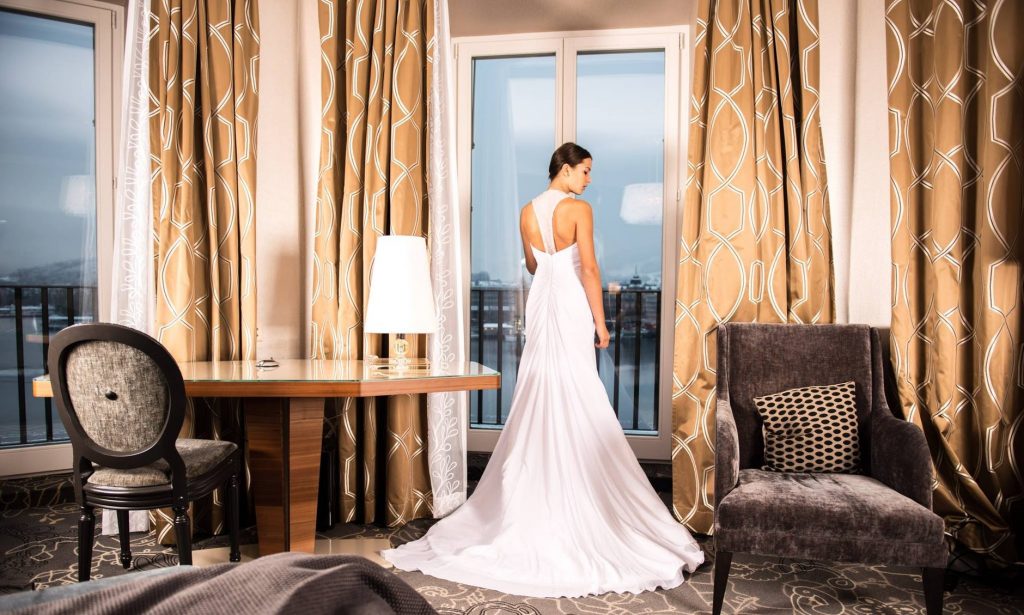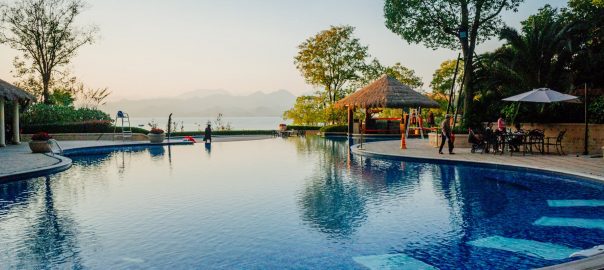Many inventive and luxurious hotels (as far as designs and amenities) are being established all over the world. From submerged lodgings to tree houses, new estates are pushing the limits of what the usual experience should be.
Despite the Hotels’ efforts to make advancements in innovation, there are still some “fundamental” necessities that all properties should provide to make the encounters both inviting and reassuring to visitors. Hoteliers and hotel owner/operators: give careful consideration to guarantee your hotel can convey on these possibilities.
1. Tidiness: This is the most important. Hotels, regardless of whether they are affordable family-friendly cabins or a luxury resort in Tasmania, need to maintain the absolute cleanliness requirements, offering clean open spaces, washrooms, bedrooms, and courtesies. While it’s a critical activity, reusing must not lead to an absence of cleanliness.
2. Sufficient safety/security: For most, a hotel purpose is to be a home away from home. With that comes a massive expectation for the most persistent security and safety measures. Numerous hotels presently centre around giving customised security and safety measures for various guest such as ladies, kids, and the elderly. Technology takes a growing vital part in providing better security, yet a few visitors still place more significance on the human interaction.
3. Internet: Guests at a wide range of hotels need some level of access to the internet, yet business hotels notably should offer the best connection and adaptability. At numerous hotels, if not all, guests anticipate that internet connection will be complimentary —for a few, the Complimentary wireless internet is as fundamental as the air we inhale.
4. Cozy Beds: At the end of each day, a hotel serves an exceptionally fundamental need: It gives a place to rest, yet just if the bed is of satisfactory, perfect, pleasantly managed. Additionally, it should be situated in the space to give proper movement. A few hotels take the freedom of being imaginative with the cushions and blankets choices, which is extraordinary as long as the guests are pleased with the options available.
5. Restroom plumbing: The reason this is featured as “plumbing” instead of “decent shower” or “hot water” is due to that this involves the whole washroom. Hot Water is of no use if it is merely streaming down; absence of proper water flow out of the sink and toilet is a critical, serious inconvenience to anyone. All guests ought to expect clear, consumable water; adequate and consistent hot running water in the shower; streaming water in the toilet and sink; and no leaks.

6. Courteous telephone answering: Hotels usually have a guideline to “pick up the telephone in three rings” practice; sadly, this does not occur as regularly as we might want. Some of the time the call is routed to a representative who does not have the information, but instead will be somewhat there to pick up the telephone… soon to another transfer. Regardless of what the hotel arrangement, the property must appoint a qualified representative who can successfully and effectively answer a visitor’s inquiries and interests, and guide them to the correct department if required.
7. Lighting: This is a massive problem over a considerable number of hotels. Most don’t offer adequate brightness in their rooms, from washrooms to bedside lights, and it’s a problem for visitors in all cases. Enhanced lighting helps to improve the guestroom experience and gives an impression of being secure.
8. Aroma: Upon arriving in a hotel and the hotel room, the scent of the place primarily affects a guest’s initial opinion. Visitors are usually cautious to the recently made hotel “trademark” fragrances or stale perfumes from rugs and washrooms, which can impact the visitor’s impression of the quality and tidiness of a hotel.
9. Simple, delicious food: The accessibility of food and refreshment outlets shifts depending on the hotel’s availability. Still, some things, for example, a hot breakfast—are a fundamental service that genuinely adds to a visitor’s experience. And yet, budget hotels could be strategically placed alongside a 24/7-open business establishment serving food and drink, which takes into account hotel visitors. Access to an available and reasonably priced breakfast is changing from an extra into an absolute necessity.
10. Check in/out: Today, a front desk check in/out experience is continually progressing — from pod registration to customised iPad check-in. Although these innovations are appealing, hotels need to remain concentrated on specific components of a check-in/out method that genuinely impact a visitor’s stay.
11. Additional services: some decently sized hotels offer additional services or options such as honeymoon packages in lovely Tasmania. Other facilities and services include a spa, treatments and babysitting.
